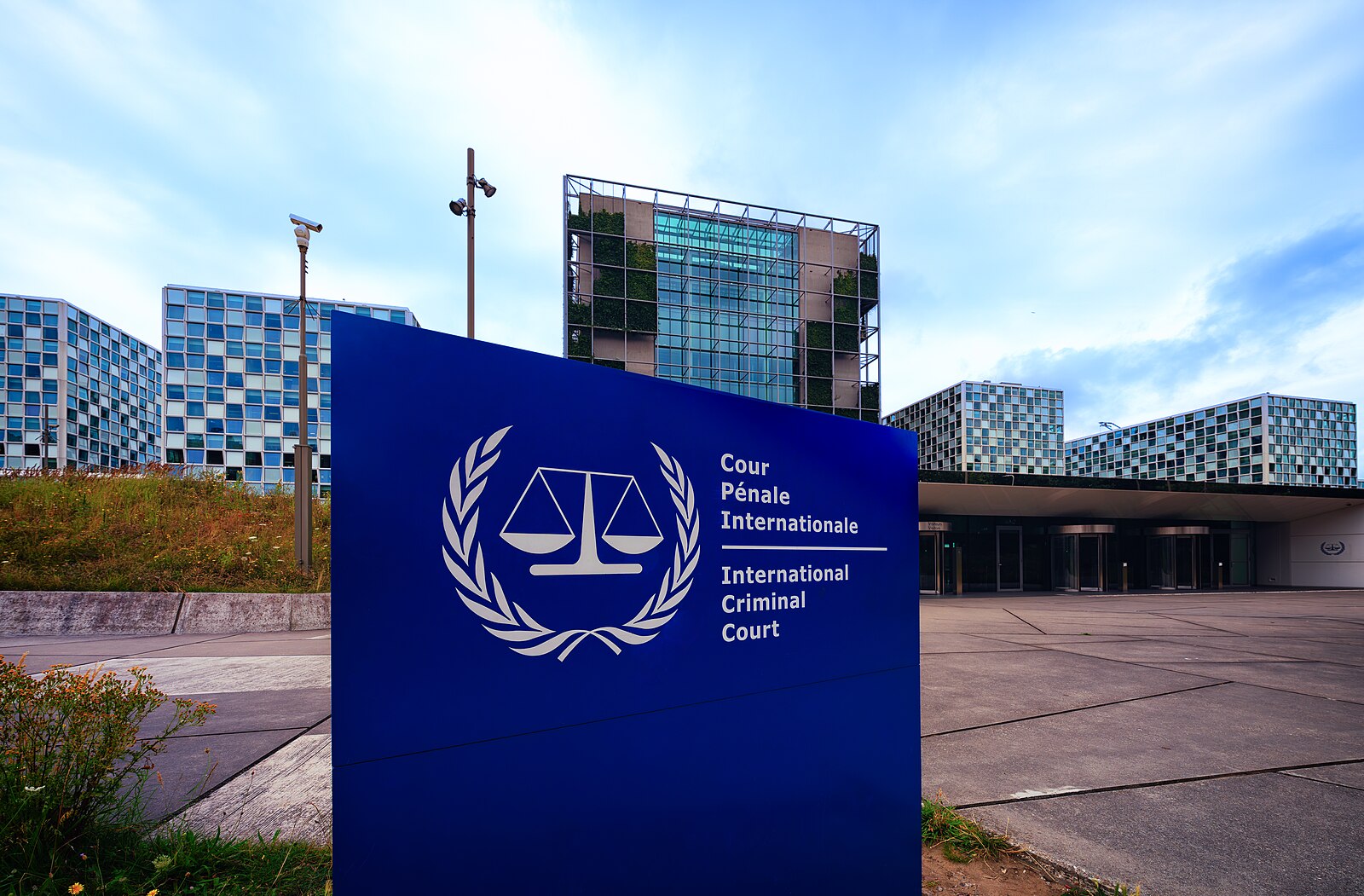
Business Dispute Resolution Services and Sustainable Development Goals
Overview of Dispute Resolution Approach
Our firm provides comprehensive support to resolve business disputes through various methods including:
- Negotiation
- Mediation
- Arbitration
- Litigation
The primary objective is to achieve resolution quickly and efficiently, minimizing the impact of disputes on day-to-day operations. This approach aligns with SDG 8: Decent Work and Economic Growth, by promoting sustainable economic activity and reducing disruptions in business environments.
Preference for Amicable Settlements
Wherever possible, disputes are settled without resorting to legal proceedings. This preference supports SDG 16: Peace, Justice, and Strong Institutions by fostering peaceful dispute resolution mechanisms and reducing the burden on judicial systems.
In cases where legal action is unavoidable, our experienced and tenacious team implements a vigorous strategy aimed at securing successful outcomes for clients.
Clientele and Expertise
Our clients span a diverse range of sectors, including:
- Manufacturing
- Service industries
- Retail public limited companies (plcs)
- Owner-managed businesses
- Accountants and other professionals
Clients rely on our clear, pragmatic advice, expert technical analysis, and sound understanding of their business challenges and commercial objectives. This client-centered approach contributes to SDG 9: Industry, Innovation, and Infrastructure by supporting resilient infrastructure and fostering innovation through effective dispute management.
1. Sustainable Development Goals (SDGs) Addressed or Connected
- SDG 16: Peace, Justice and Strong Institutions
- The article focuses on resolving business disputes through negotiation, mediation, arbitration, or litigation, which aligns with promoting peaceful and inclusive societies, access to justice, and building effective, accountable institutions.
- SDG 8: Decent Work and Economic Growth
- By helping businesses resolve disputes efficiently and minimizing operational disruptions, the article indirectly supports sustained economic growth and productive employment.
2. Specific Targets Under Those SDGs Identified
- SDG 16 Targets
- Target 16.3: Promote the rule of law at the national and international levels and ensure equal access to justice for all.
- Target 16.6: Develop effective, accountable and transparent institutions at all levels.
- SDG 8 Targets
- Target 8.3: Promote development-oriented policies that support productive activities, decent job creation, entrepreneurship, creativity and innovation.
3. Indicators Mentioned or Implied to Measure Progress
- For SDG 16 Targets
- Indicator 16.3.1: Proportion of victims of violence in the previous 12 months who reported their victimization to competent authorities or other officially recognized conflict resolution mechanisms.
- Indicator 16.6.2: Proportion of the population satisfied with their last experience of public services, which can include judicial services.
- For SDG 8 Target
- Indicator 8.3.1: Proportion of informal employment in non-agriculture employment, which can be indirectly influenced by dispute resolution mechanisms supporting formal business operations.
4. Table of SDGs, Targets and Indicators
| SDGs | Targets | Indicators |
|---|---|---|
| SDG 16: Peace, Justice and Strong Institutions |
|
|
| SDG 8: Decent Work and Economic Growth |
|
|
Source: hilldickinson.com







